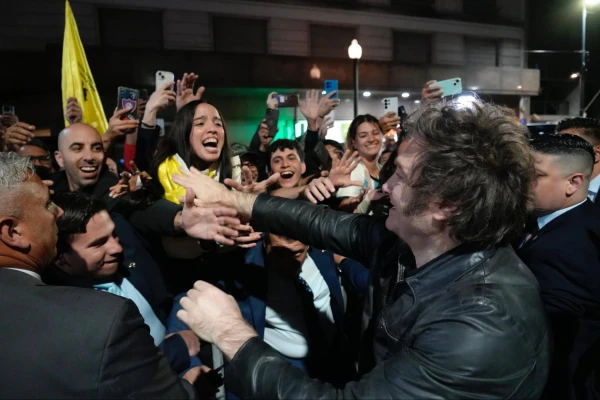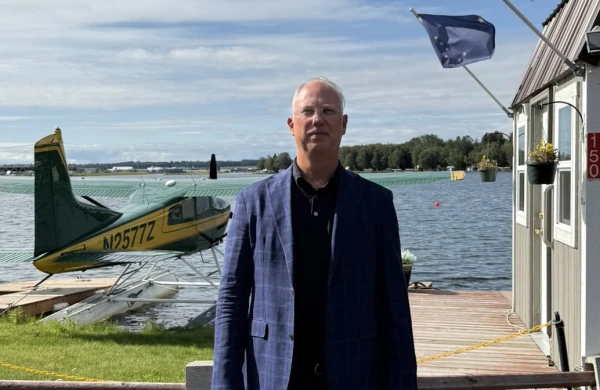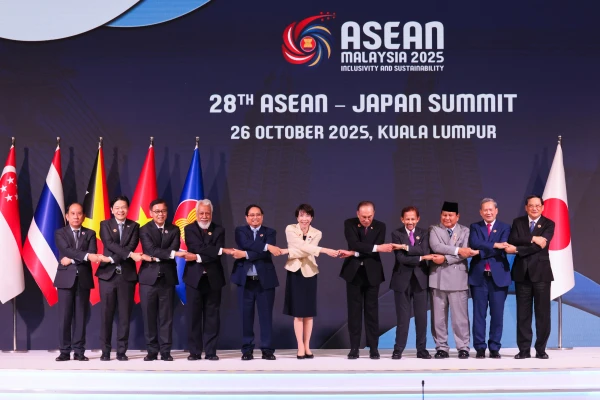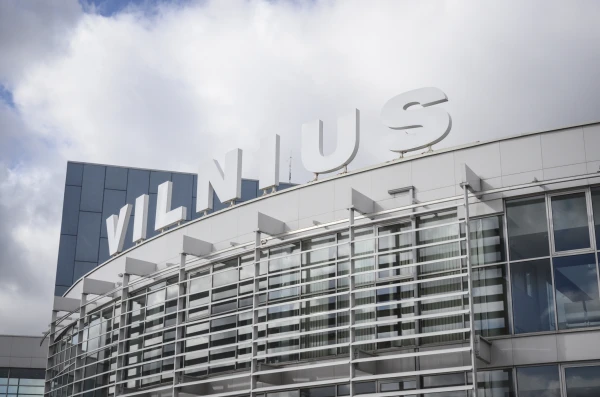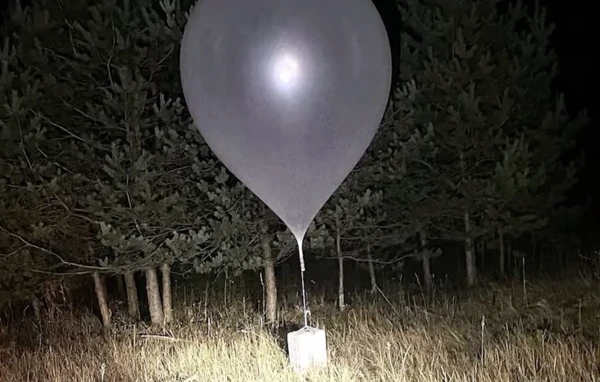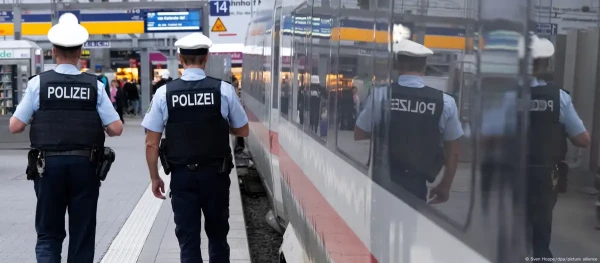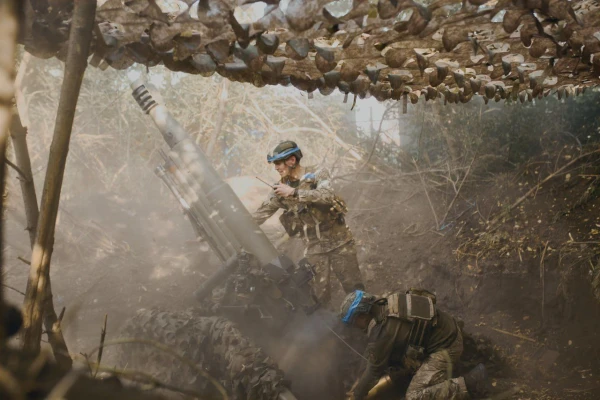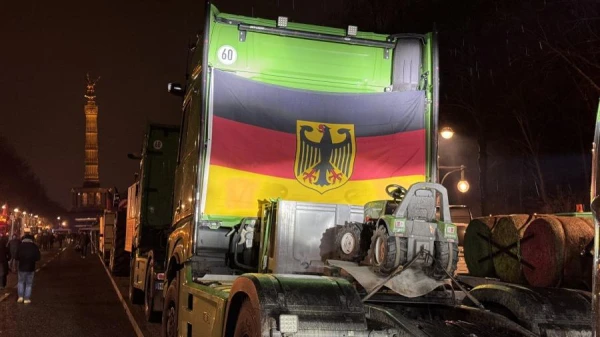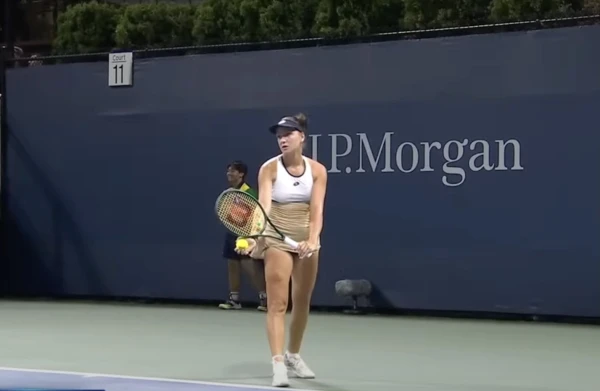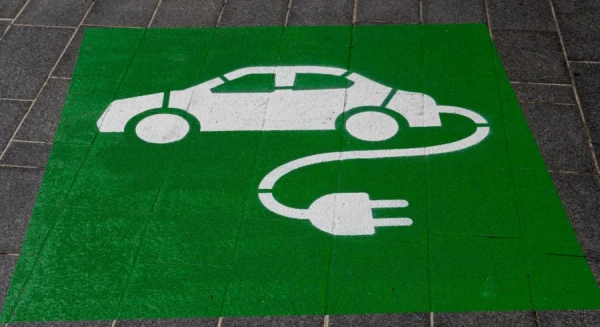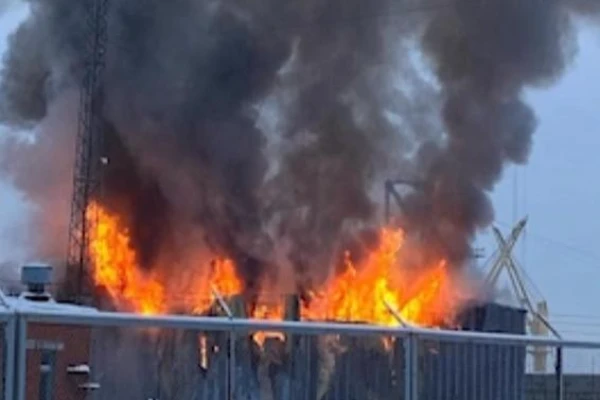
The General Staff of the Armed Forces of the Russian Federation, commenting on the draft law proposed by the Ministry of Defense, stated that the document will allow sending reservists to protect oil refineries and other facilities from Ukrainian drones. They will not be involved in the war.
Russian citizens who have completed military service and voluntarily signed a contract with the Ministry of Defense to remain in reserve may be called up for special gatherings to protect essential facilities in their region, primarily from drone attacks, according to a new bill. This statement was made by the Deputy Head of the Main Organizational and Mobilization Directorate of the General Staff of the Armed Forces of the Russian Federation, Vice Admiral Vladimir Tsymlyansky, on Wednesday, October 22.
"A decision has been made to involve the most prepared and patriotic citizens in activities to protect civilian facilities deep within the territory of Russia," Tsymlyansky said at a briefing, commenting on the draft law prepared by the Ministry of Defense. According to him, the authorities are taking this step due to the "increased cases" of attacks by Ukrainian drones on facilities in Russia. Such facilities include transportation and energy infrastructure, as well as oil refineries.
General Staff: Reservists will not participate in the war
Tsymlyansky specifically noted that reservists will not be involved in the war in Ukraine or in tasks outside of Russia. He also added that the bill "does not affect all citizens and does not provide for their conscription into military service." "Moreover, there is no talk of mobilization," said the vice admiral.
Authorities will have the right to involve reservists even in peacetime
In mid-October, the government commission on legislative activities approved the Ministry of Defense's proposal, which allows citizens listed in the mobilization reserve to be called up for tasks even in peacetime, including outside the country.
The explanatory note clarifies that this concerns individuals who have signed a contract with the Ministry of Defense to remain in reserve. Currently, the law allows their involvement in tasks only during mobilization or wartime.
The draft law uses "rather broad concepts" that allow for the use of reservists in various circumstances "without the need for additional laws," commented the head of the State Duma Defense Committee, Andrei Kartapolov. "Many people" in the reserve are located in border areas of Russia, he noted.
The mobilization reserve in Russia was established in 2012
The creation of a mobilization reserve was outlined in one of the "May decrees" of Russian President Vladimir Putin in 2012. Its establishment allowed servicemen to sign a contract before being discharged to reserve, under which they agree to periodically undergo military training. As a reward, reservists receive monthly payments: as of 2023, up to 6,000 rubles for warrant officers, sergeants, and privates, and up to 10,000 for officers. The amounts are higher during training sessions. The first such contract is for three years, and upon subsequent renewals, the term can be either reduced or extended — for a maximum of 5 years.
The exact number of such reservists in Russia is unknown. However, in December 2024, Putin again increased the size of the Russian army. This time, the number of servicemen is expected to grow by 180,000, reaching 1.5 million. In September 2025, Putin stated that more than 700,000 Russian soldiers are participating in the war in Ukraine. He mentioned the same number in June 2024.
